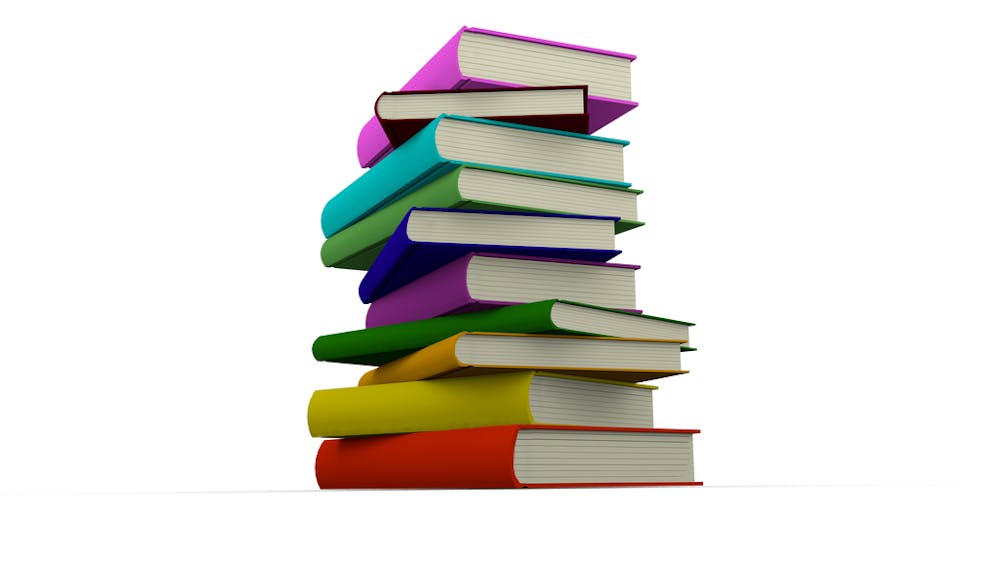By Kelly Kim
Correspondent
As much as I hate to admit it, purely because of how typical it may seem, romance novels are my favorite genre to read. Maybe it’s because I love to believe in the unrealistic outcomes of a life I will never live, or perhaps it’s the seemingly natural nuances that blossom between the two main characters. Either way, I fall victim to any love trope there possibly is.
TikTok and the creation of one of its many niches, “BookTok,” help boost not only the literary community in general but also contribute to shedding light on seemingly worthwhile reads.
BookTok is how I found “The Love Hypothesis” by Ali Hazelwood, a romance novel that details the comical and intensive journey of Olive, a Stanford Ph.D. student who finds herself constantly entangled in awkward situations with the one person she believes hates her with a burning passion: Adam, the most intimidating and cold-hearted, yet brilliant professor and scientist at the institution.
While this novel is your typical misunderstanding trope, Hazelwood reaches a perfect balance of romance that doesn’t detract from the fact that Olive is a focused, motivated and driven woman, interested in continuing her research while also trying to navigate the notions of a potential relationship. It’s just a fringe benefit that the story is doused with so many sweet moments it’s enough to make the reader sick.
After reading this book, I can confidently say that Hazelwood is one of the best romance writers I have encountered.
Although there are obvious elements necessary for a romance novel that Hazelwood hits like so many other authors, like establishing that their connection with one another is different from that of others, her books have a central and sustained pattern in which the storylines and the characters themselves all have some connection to science, tech, engineering and mathematics, commonly referred to as STEM. This unique concept not only allows Hazelwood to stand out in an ocean of other romance genre writers, but it also allows her to intertwine her outside passions and interests with her love of writing.
Being a woman in STEM herself, Hazelwood has a Ph.D. in neuroscience and understands the challenges women face in the field, ranging from imposter syndrome to discriminatory work settings to being the only woman in a male-dominated room. Regarding these struggles, she takes her real-life experiences and shares them through her characters, demonstrating the hardships women like herself must face to excel.
However, it is through those hardships that Hazelwood also emphasizes the importance of having women in STEM stay in STEM, and that while there are some harsh days, the motivation to continue studying what you love about science itself should never be trumped by doubt put on by others.
Promoting the idea that a woman doesn’t have to choose between having a career or love but can have both, especially a career in STEM, is something young girls can now see as viable and capable, thanks to Ali Hazelwood.
Women shouldn’t have to imagine the two elements as separate but rather as complements to one another – to indulge in the romance while also being incredibly confident and intelligent in what they do best.







